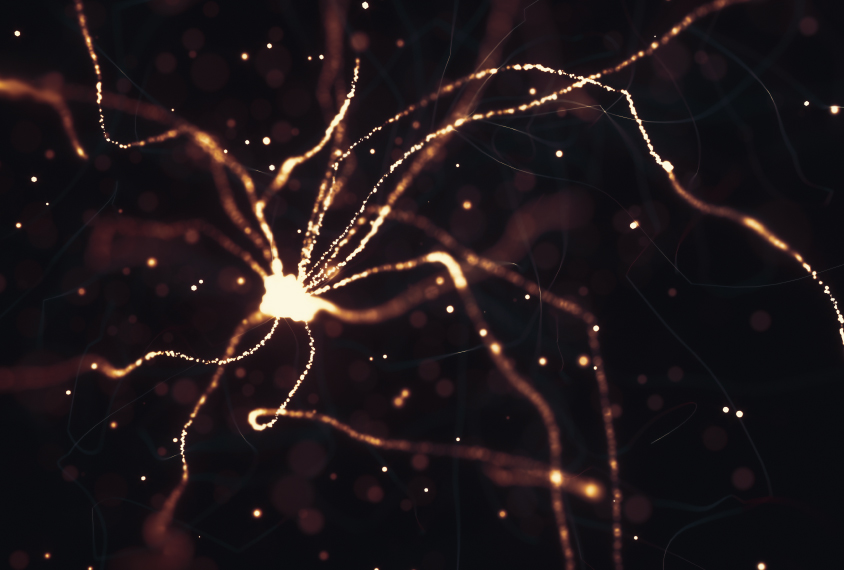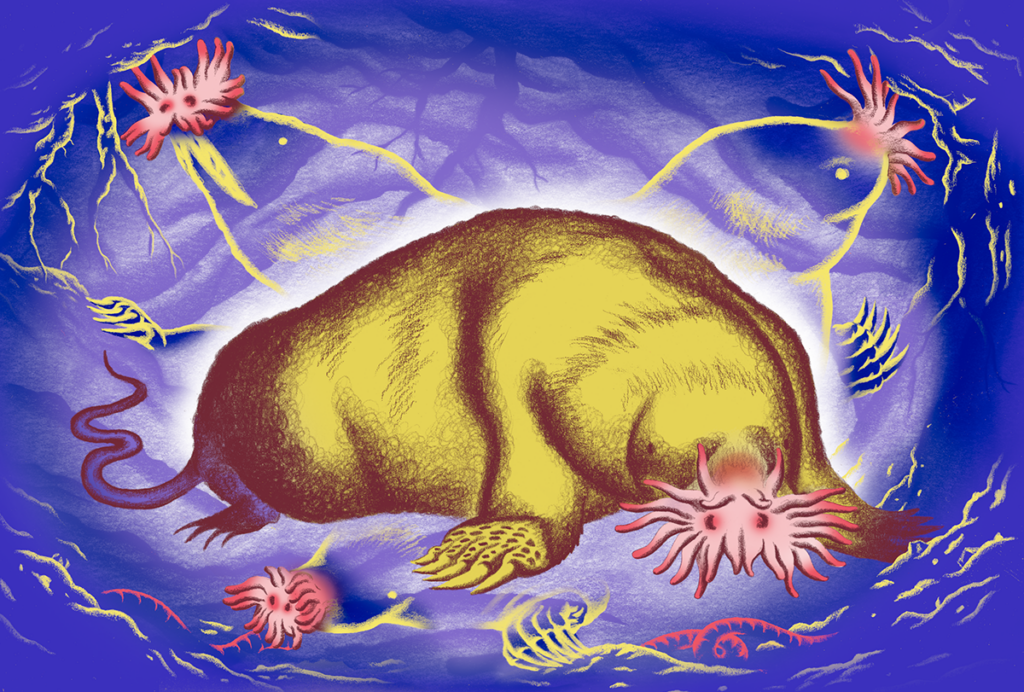I am a postdoctoral fellow in the lab of Arnold Kriegstein at the University of California, San Francisco (UCSF). I focus on applying single-cell genomics techniques to study the development of specific cell types of the human brain, as well as to understand how these cell types are affected in various diseases, especially autism. Before starting my work at UCSF, I did my PhD at the University of Miami focusing on genomic analysis of autism. I did my B.S. and MS at Moscow State University in my native Russia, where I worked on animal models of epilepsy and Alzheimer’s disease.
Dmitry Velmeshev
Postdoctoral Scholar
University of California, San Francisco
From this contributor
Single-cell analysis suggests brain signaling problems in autism
Recent advances in technology allow researchers to measure RNA that is contained within the nucleus of a single brain cell.

Single-cell analysis suggests brain signaling problems in autism
Explore more from The Transmitter
Neuro’s ark: Understanding fast foraging with star-nosed moles
“MacArthur genius” Kenneth Catania outlined the physiology behind the moles’ stellar foraging skills two decades ago. Next, he wants to better characterize their food-seeking behavior.

Neuro’s ark: Understanding fast foraging with star-nosed moles
“MacArthur genius” Kenneth Catania outlined the physiology behind the moles’ stellar foraging skills two decades ago. Next, he wants to better characterize their food-seeking behavior.
Largest leucovorin-autism trial retracted
A reanalysis of the data revealed errors and failed to replicate the results.

Largest leucovorin-autism trial retracted
A reanalysis of the data revealed errors and failed to replicate the results.
NIH scraps policy that classified basic research in people as clinical trials
The policy aimed to increase the transparency of research in humans but created “a bureaucratic nightmare” for basic neuroscientists.

NIH scraps policy that classified basic research in people as clinical trials
The policy aimed to increase the transparency of research in humans but created “a bureaucratic nightmare” for basic neuroscientists.